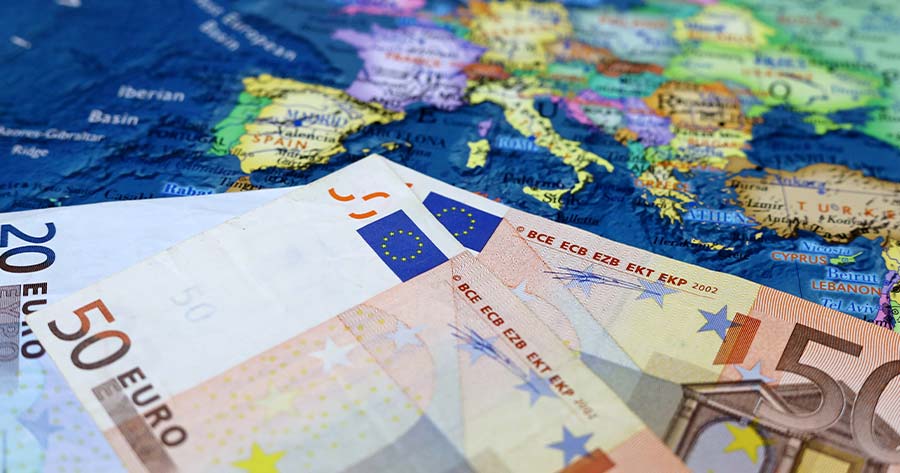According to preliminary data from Eurostat, annual inflation in the euro zone fell to 2.2% in March, aligning with expectations, and just below February’s final figure of 2.3%.
Core inflation, which omits the more volatile sectors like food and energy, decreased to 2.4% in March from 2.6% in the prior month. Moreover, the services inflation rate also dropped to 3.4% from 3.7% in February.
The data indicated lower-than-expected inflation figures in several major euro zone countries for March, with Germany’s inflation hitting 2.3%, Spain’s fell to 2.2%, while France’s remained stable at 0.9%.
These harmonized figures across the euro area are fueling expectations of a 25-basis-point interest rate cut by the European Central Bank (ECB) in its upcoming meeting on April 17. Before the inflation data release, markets were anticipating a 76% likelihood of such a cut, as per LSEG data.
Meanwhile, the European Union is bracing for upcoming tariffs from the U.S. President Donald Trump, including a 25% duty on imported automobiles. The exact impact of these tariffs and potential retaliatory actions has yet to be clarified, but economists have been warning for months that they could drive inflation upwards.





